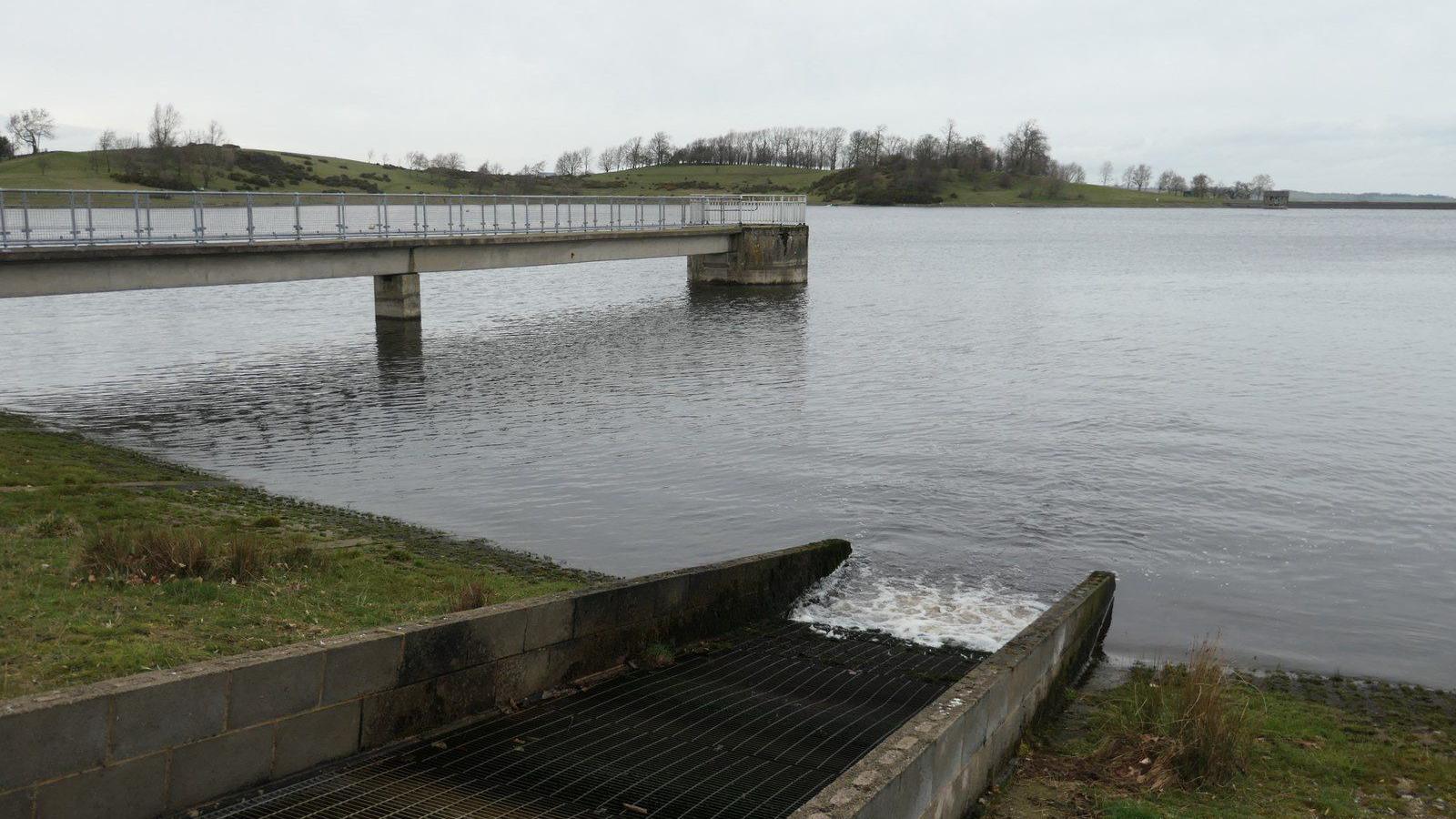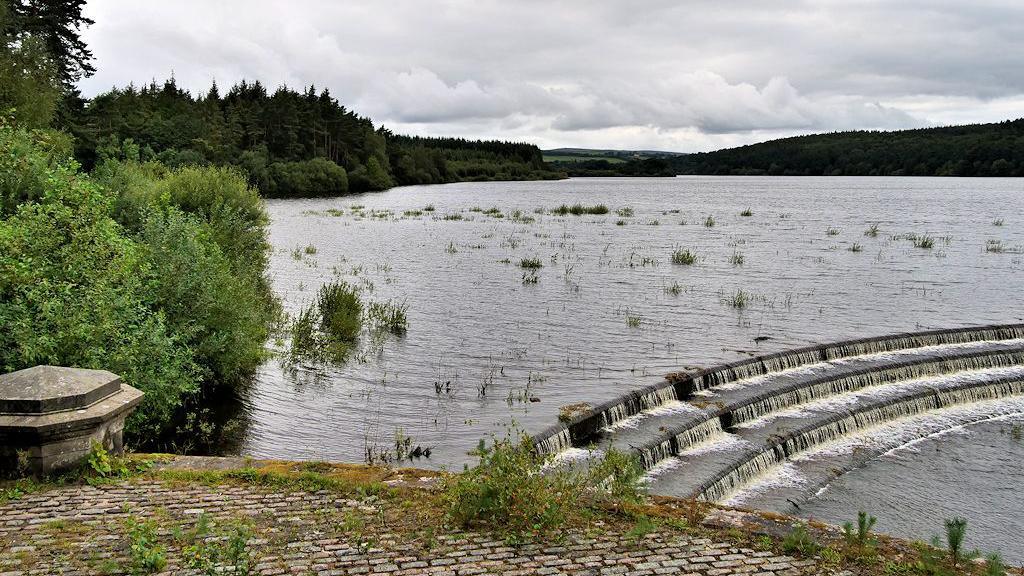Water firm to build 3,000 reservoir solar panels

Yorkshire Water plans to build 3,000 solar panels at Thornton Steward Reservoir
- Published
A water company is planning to build a solar farm on land beside a reservoir near the Yorkshire Dales to offset energy consumption at a waste treatment works.
Yorkshire Water plans to install 3,000 solar panels at Thornton Steward Reservoir, between Leyburn and Bedale.
It submitted a screening request to North Yorkshire Council to determine if the 1.2 megawatt development, proposed for the 12 hectares of land owned by the utility company, needs an environmental impact assessment.
Councillor Tom Jones, who represents the Scotton and Lower Wensleydale division, urged local residents to share their views on the scheme.
He said: “At this stage no decisions have been made and as part of the planning process, officers are seeking input from residents to better understand the views of the community.
“This is an important chance for everyone to share their thoughts, raise questions and offer feedback. All voices are welcome and valued in this discussion.”
A report said the solar farm was expected to produce enough energy to meet 89% of the power used at the Yorkshire Water waste treatment works at the reservoir.
According to the Local Democracy Reporting Service, the reservoir is fed from water pumped from the River Ure and supplies thousands of homes around Thirsk and Northallerton.
If it goes ahead, the solar farm would be less than a mile from the villages of Thornton Steward and Finghall.
Supporting documents said the plans were temporary, allowing the land to return to its original use.
Yorkshire Water said: “We install and operate our solar generation sites for up to 25 years and after this period the installation is removed, with the land it once occupied able to revert to its original use.
“This practice can be beneficial to the land, giving the soil a natural break from cyclical farming which benefits farming in the long term.
“The scheme will contribute to our net zero pledge and reduce the reliance of our wastewater treatment works on the national grid, improving its resilience.”
Listen to highlights from North Yorkshire on BBC Sounds, catch up with the latest episode of Look North or tell us a story you think we should be covering here, external.
Related topics
Related stories
- Published6 August 2024

- Published17 November 2024
